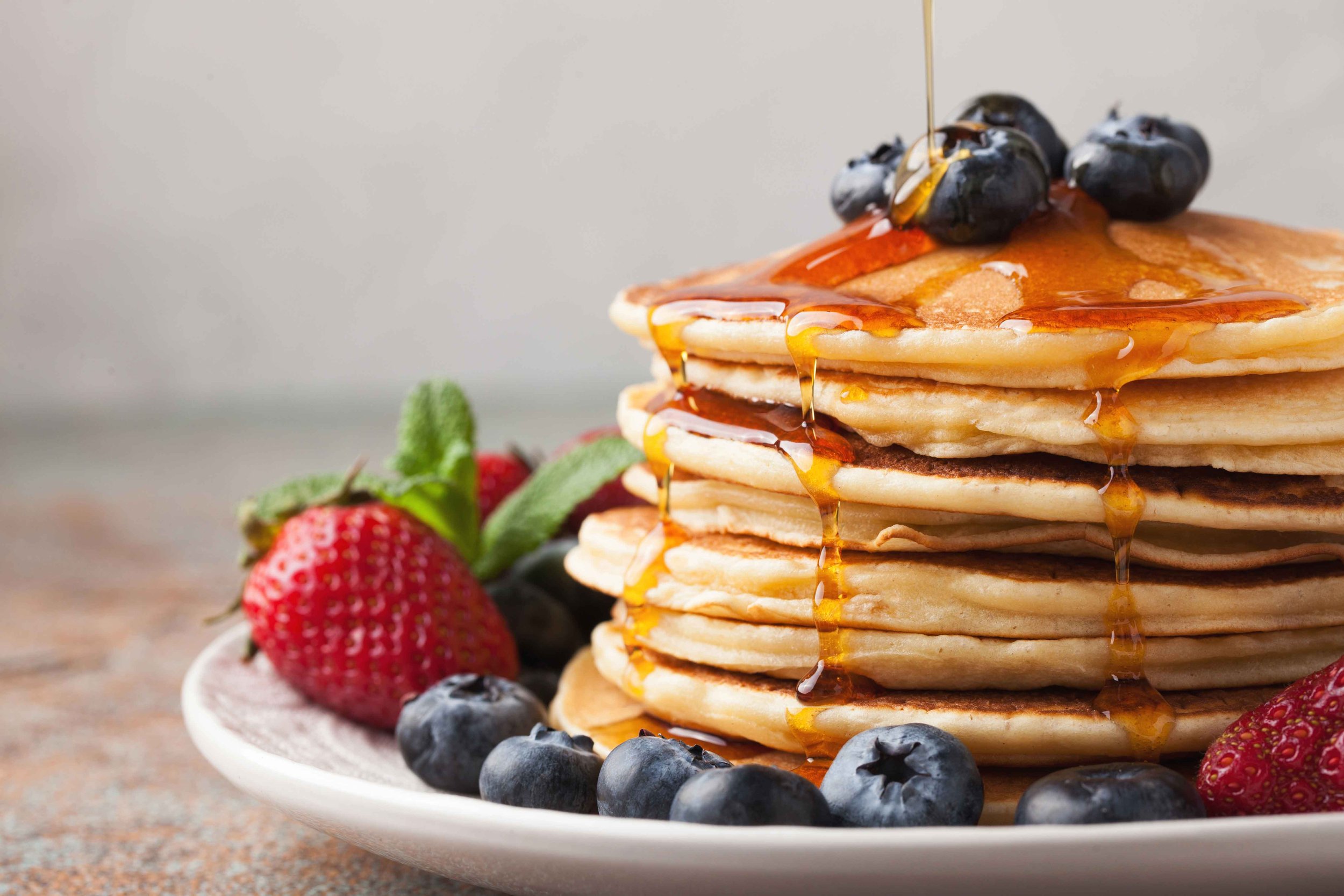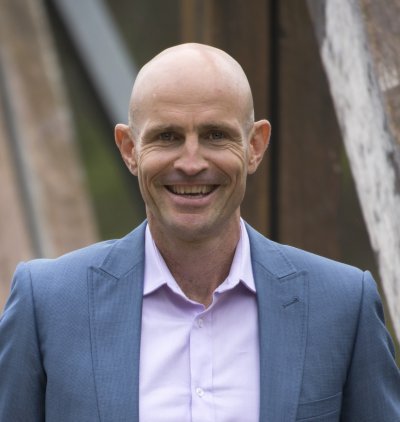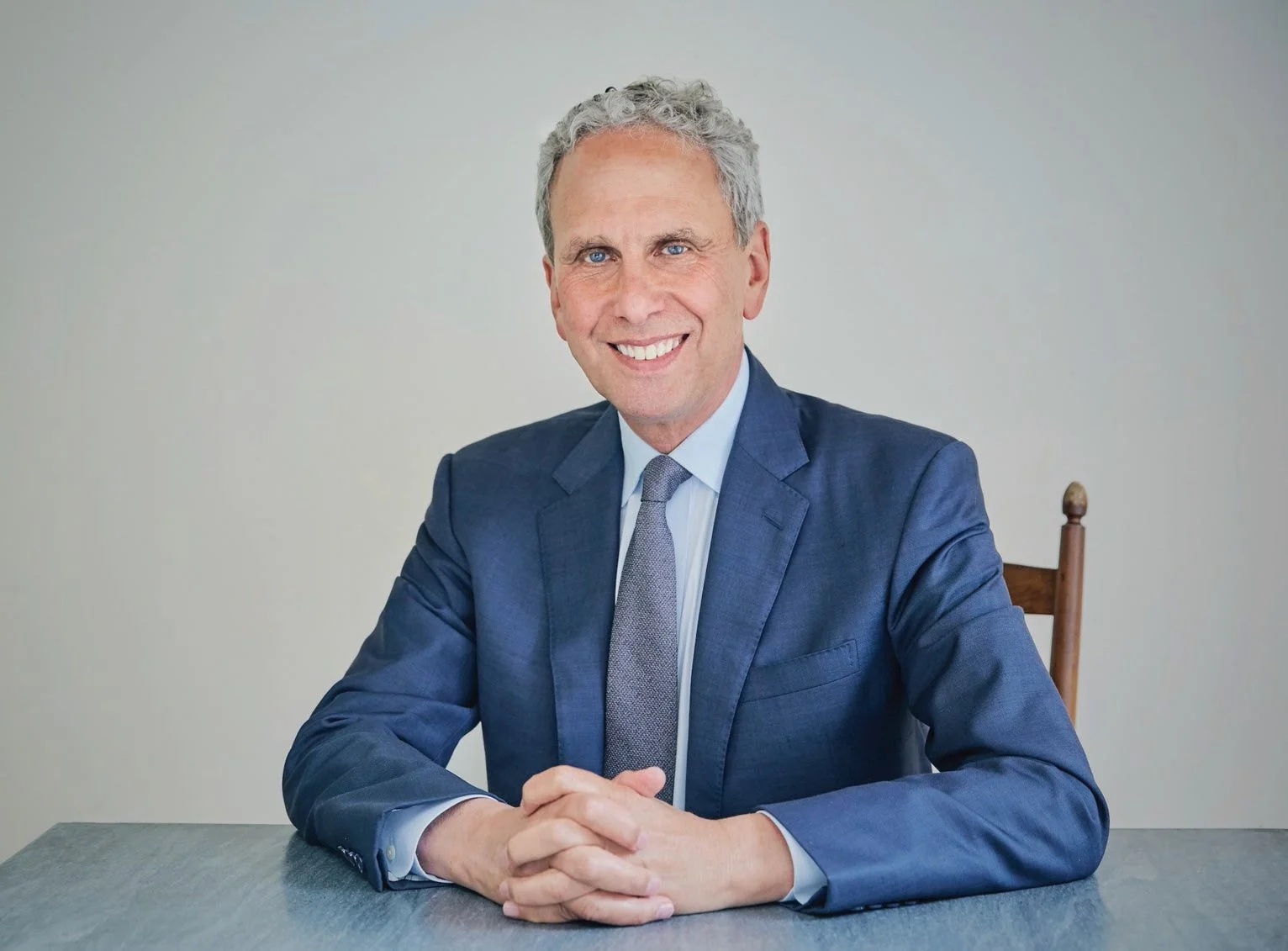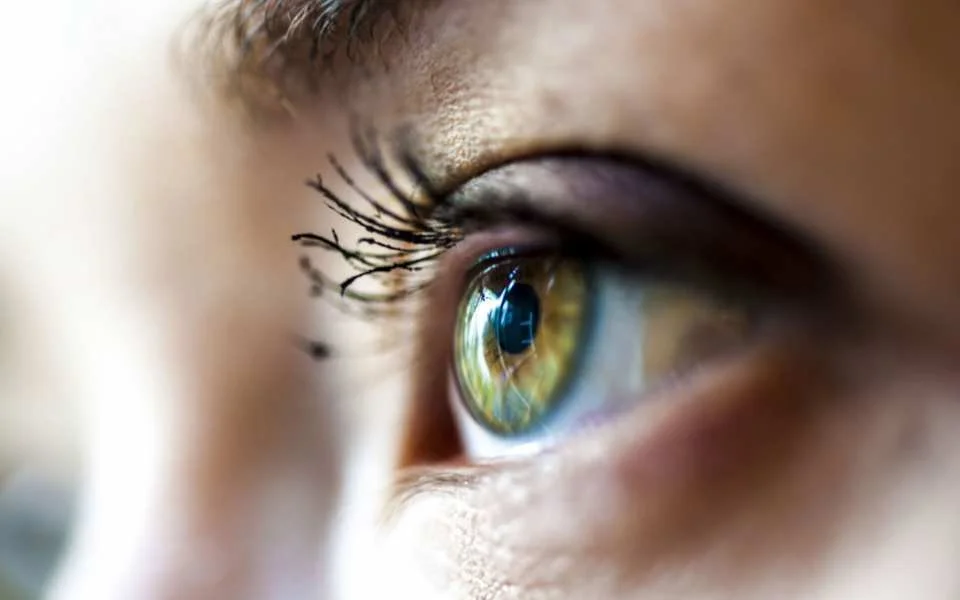Breakfast – Is ‘NOT’ the most important meal of the day
An abbreviated excerpt from ‘Ancient Wisdom for Modern Health’ – Book 1.
If you have heard anything about healthy eating in recent times, you will no doubt be aware of the suggestion that ‘breakfast is the most important meal of the day’. Alternatively, ‘You need to have a good, hearty breakfast to get your day off on the right note’. Or, ‘Eat breakfast like a king, lunch like a prince, dinner like a pauper’.
As this is a fairly universally accepted part of modern health science these days, it is worth seeing if it is true. In two words, it’s ‘ABSOLUTE RUBBISH!’
Just as the early morning sun is relatively weak in strength, our digestive fire, which we need to digest food, is relatively weak in the early hours of the day. As such, most of us do not have strong appetites or the digestive strength to process much food at this time. Unlike modern health directives, in Ayurveda and other time-tested natural health sciences, breakfast is not recommended to be a large meal, let alone the most substantial meal of the day. In long-living groups such as the Okinawans, Vilcabambans, Campodimelani and Abkhasians, none have breakfast as the most important or substantial meal of the day. They have understood that the time when the sun reaches its peak is when we are best equipped to eat more.
Like all popular health recommendations, it is valuable first to understand why this tremendous focus on the importance of breakfast has come about. There are two main reasons.
i) One is our almost exclusive focus on weight loss and thus ways to stimulate metabolism, as opposed to an understanding of digestion and the cycles of digestion. Breakfast has been given relatively more ‘importance’, because eating food stimulates our metabolism and counters our body’s calorie restriction response. This is particularly pertinent for people wanting to lose weight as metabolism is usually slower in the early morning hours and the body’s natural inclination is to conserve calories if food is restricted, i.e. if one were to skip breakfast.
ii) Secondly, due to our hectic modern lifestyles and variable work shifts, taking the time to eat our main meal at lunch has largely gone the way of the dinosaur. As many people can go all day without a decent meal, eating a good breakfast has come to be seen as extremely important. This is not necessarily a bad thing in the circumstances, but it is good to appreciate that this is based on our current modern lifestyles and not on the natural cycles for peak health.
The modern wisdom surrounding breakfast is based largely on metabolism. However, before metabolism begins, we first need to digest the food we eat. By eating when our digestive strength tends to be weak, i.e. in the early morning, we are less likely to process our food properly. Poorly digested food is more likely to accumulate in our tissues and disturb the subtle flow of intelligence that runs our body. This is far more detrimental to long-term weight management and overall health than simply having a slow metabolism. Eating breakfast merely to stimulate metabolism or because we aren’t going to eat properly until dinnertime is not the most enlightened way to good health.
Rather than eating breakfast to stimulate metabolism or because the diet plan says so, ancient natural wisdom suggests that we should eat breakfast based on whether we actually need food at this time, i.e. whether we are hungry!
(There’s a novel idea – of course it may not be ‘scientific’ enough for some!)
* The complete discussion of breakfast, as well as lunch, afternoon tea, dinner, the best exercise and sleeping times etc, are all contained in Mark’s book ‘Ancient Wisdom for Modern Health’. This is available in both hardcover and e-book versions.
ARTICLE WRITTEN BY MARK BUNN
Mark Bunn is the Founder of Dharmic Living and author of the three-time best-selling ‘Ancient Wisdom for Modern Health‘.
Featured Articles
Topics
- Alcohol 1
- Allergies 1
- AntiInflammatory 2
- Arthritis 1
- Asthma 1
- Atkins 1
- Autumn 1
- Ayurveda 22
- Ayurvedic Medicine 12
- Ayurvedic Science 2
- Bad Breath 1
- Beer 1
- Blood Sugar 1
- Bob Roth 1
- Body Odour 1
- Breakfast 2
- Breathing 1
- Business 2
- Butter 1
- Caffeine 1
- Cancer 6
- Carbohydrates 2
- Cataracts 1
- Charcoal Water 1
- Cholesterol 3
- Coffee 1
- Cold & Flu 1
- Cooking 1
- DR JR Raju 2
- Daily Cycles 2
- Dehydration 2
- Dental 3
- Detox Drinks 1
- Diabetes 1
- Diet & Nutrition 44
- Dieting 2
- Digestion 9
- Direction 1
- Disease 1
- EMF 1
- Earthing 2
- Eastern Medicine 1
- Eating 1
- Eating Out 1
- Exercise 9
- Eye Health 1
- Fish Oil 1
- Flaxseed 1
- Food Quality 2
- Forest Bathing 1
































